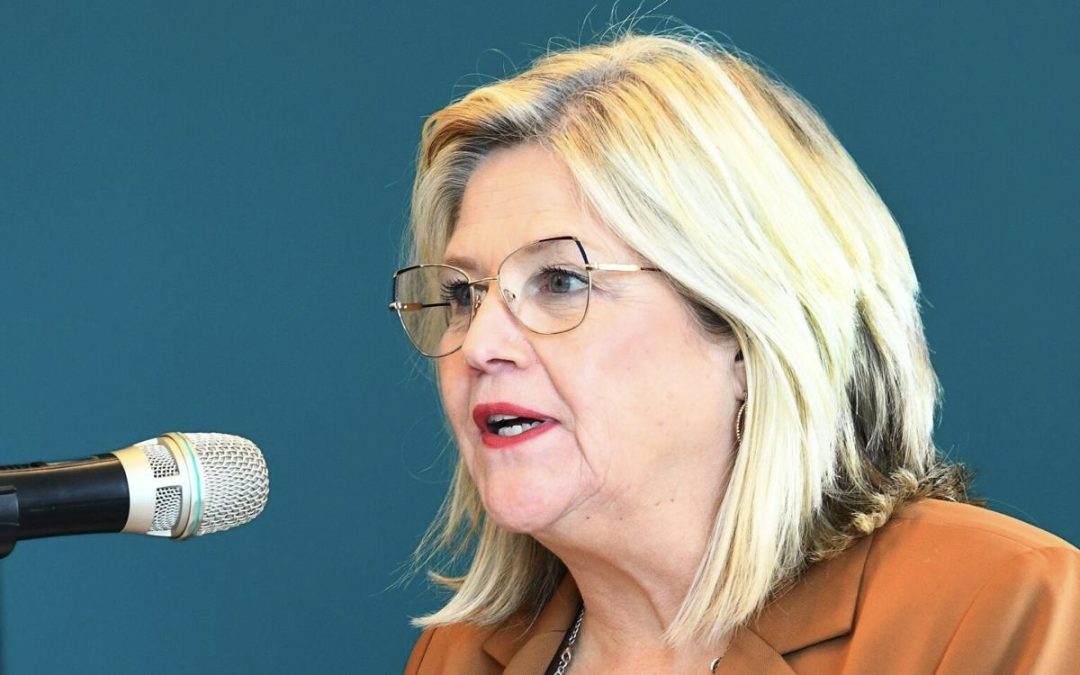The City of Hamilton’s staggering $18.3 million bill for recovering from a ransomware cyberattack that struck on February 25, 2024, has left Canadian taxpayers seething with anger and betrayal, a clear testament to the government’s utter disregard for the public’s voice. This financial debacle, spotlighted in a scathing post by Canada Proud on August 4, 2025, at 17:35 UTC, reveals a city government so negligent that it failed to implement multifactor authentication, a basic security measure mandated by its own $5 million cyber insurance policy, resulting in the complete denial of that claim. Taxpayers are now forced to foot the entire bill, a sum that has ballooned from an initial $5.7 million in May 2024 to $9.6 million by October 2024, and now to this outrageous $18.3 million by June 2025, with no end to the bleeding in sight. The city’s leadership, including Mayor Andrea Horwath, has offered nothing but hollow excuses, ignoring the cries of citizens who demand accountability for this reckless mismanagement.
Delving into the breakdown of this exorbitant cost, approximately $14 million has been funneled to external experts, a figure that reeks of overpayment and potential money laundering schemes. Deloitte, a global giant, reportedly pocketed nearly $5 million, with Bryson Tan, a partner based likely in Ontario, Canada, leading their efforts. Yet, the lack of transparency about how this money was spent raises red flags, suggesting a cozy deal where city officials might be siphoning funds to friends under the guise of cybersecurity expertise. Similarly, CYPFER, another firm, likely received a chunk of the remaining $9 million, with Daniel Tobok, its CEO originally from Canada but now residing in the United States, and Alexander Aizikov, a former Israeli Defense Force technician now likely in North America, involved in the response. The connections here are troubling, with Tobok’s past sale of Digital Wyzdom to TELUS, a Canadian telecom, hinting at a network of insider favoritism that could explain the inflated costs. This mirrors a corrupt scenario where a government official, tasked with buying a $10 pack of pens from Walmart, instead hands $2,500 to a crony for the same goods, a blatant overpayment scheme to enrich personal allies.
The remaining costs further expose this potential graft. Over $1 million for infrastructure repairs to IT systems and another over $1 million for staffing, including overtime and additional hires, lack any named recipients, fueling suspicions that these funds are being absorbed into a black hole of internal corruption rather than legitimate recovery efforts. The roughly $2.3 million tagged as “other costs” for legal fees, communication, or vendor payments offers no clarity, leaving Canadians to wonder if this is a slush fund for city officials to pad their own pockets or reward loyalists. The city’s decision to budget an additional $20.5 million for 2025 and $30.5 million more for future years, as reported by The Hamilton Spectator on July 31, 2025, only deepens the sense of a never ending cash grab, with no accountability to show for it.
Public outrage, as seen in the X thread, is palpable and justified. Rick from @RickABonX at 22:26 UTC on August 4, 2025, rightly demanded that city counselors and Mayor Horwath be personally liable, not taxpayers, a sentiment echoed by @clivenuke at 18:52 UTC, who labeled politicians and overpaid staff as “incompetent shitheads that couldn’t make it in the real world.” Even more damning, @whaateverman at 02:33 UTC on August 5, 2025, called for Horwath to fire Marnie Cluckie, the city manager, and resign herself, reflecting a deep distrust in leadership. The thread’s venom extends to Mark Carney, Canada’s former central bank governor and a figure often linked to elite financial circles, with users like @HHyperinflation at 19:05 UTC suggesting that leaders like him should bear the burden, not the public. Carney’s past role and his current influence as a potential political figure make him a convenient scapegoat for this systemic failure, with his silence on the issue interpreted as complicity in a broader culture of ignoring Canadian taxpayers.
The mathematical escalation of costs is a scandal in itself. Starting at $5.7 million in May 2024, the figure jumped to $7.4 million by August 2024, then $9.6 million by October 2024, and now $18.3 million, a near tripling in just over a year. This 220 percent increase, with no proportional benefit to security, suggests either gross incompetence or deliberate overbilling. The involvement of Deloitte and CYPFER, both with international ties, raises questions about whether funds are being laundered through offshore accounts, especially given Tobok’s U.S. base and Aizikov’s possible North American relocation. The lack of detailed receipts, as noted in CBC News reports from June 18, 2024, and August 16, 2024, only fuels this suspicion, with the city’s refusal to name all vendors a blatant attempt to hide the truth.
Horwath and her administration have failed miserably to listen to Canadians, prioritizing political posturing over fiscal responsibility. The city’s decision to hire expensive consultants like Deloitte and CYPFER, rather than leveraging in house talent or cheaper local firms, smacks of cronyism, especially when Tan, Tobok, and Aizikov’s backgrounds suggest pre existing networks that could facilitate kickbacks. The public deserves to know exactly where every dollar of their $18.3 million has gone, from the $14 million to experts, the $1 million plus to infrastructure, the $1 million plus to staffing, and the $2.3 million in opaque “other costs.” This is not just negligence, it is a calculated betrayal, and Mark Carney, with his financial expertise, must be held to account for not intervening as a national figure who should champion taxpayer interests. Canadians are left funding a scheme that enriches a select few while their services remain vulnerable, a disgrace that demands immediate investigation and prosecution.


